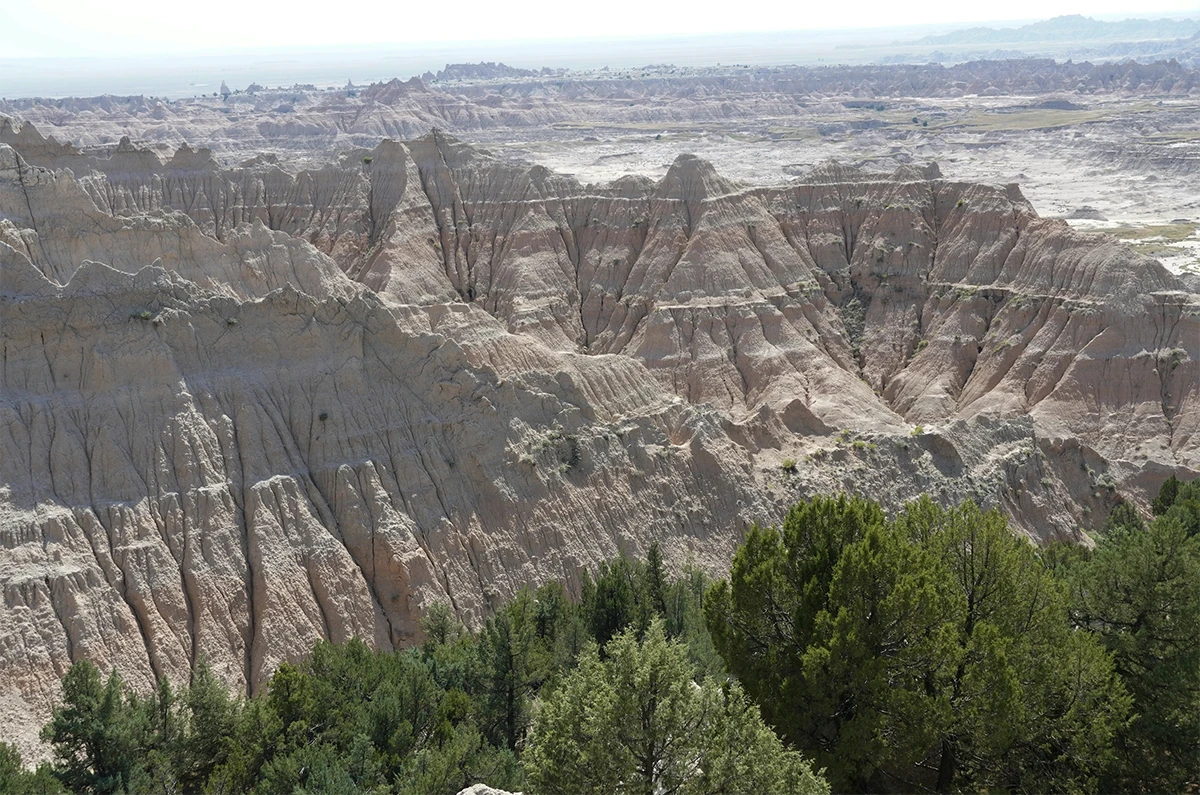I don’t know about you, but have you been hearing people refer to America’s form of government as a democracy? I sure have especially from governmental leaders and hopefuls. However, the Pledge of Allegiance says: “and to the republic for which it stands. . ..” So, which is it and what is the difference? What did America’s Founders want and why? Knowing what form of government, we have makes an enormous difference in understanding and voting for public policy.
Our Founders had an opportunity to establish a democracy and chose not to. In fact, they made it clear that America would never become a democracy.
“A democracy is a volcano which conceals the fiery materials of its own destruction. These will produce an eruption and carry desolation in their way. The known propensity of a democracy is to licentiousness [excessive license] which the ambitious call and ignorant believe to be liberty.” (Fisher Ames, author of the house language for the first amendment.)
“We have seen the tumult of democracy terminate. . . as [it has] everywhere terminated, in despotism. . . . Democracy! Savage and wild. Thou who wouldst bring down the virtuous and wise to thy level of folly and guilt.” (Governeur Morris, singer and penman of the constitution).
“The experience of all former ages had shown that of all human governments, democracy was the most unstable, fluctuating and short-lived.” (John Quincy Adams).
Since our Founders viewed democracy in this way, based upon experience and history, it may serve us well to know the difference between a democracy and a republic. The enormous difference is in the source of its authority.
“A democracy operates by direct majority vote of the people. When an issue is to be decided, the entire population votes on it; the majority wins and rules. A republic differs in that the general population elects representatives who then pass laws to govern the nation. A democracy is ruled by majority feeling (what the Founders described as a “mobocracy”); a republic is rule by law.” (David Barton; Original Intent).
The source of law (authority) for a republic is in the words of Noah Webster: “Our citizens should early understand that the genuine source of correct republican principles is the Bible, particularly the New Testament or the Christian religion.”
How does a republic work? It provides stability for our society, for example: in our republic, murder will always be a crime, for it is always a crime according to the Bible. In a democracy, if the majority decide murder is no longer a crime, then anyone can get away with murder.
America’s principles of right and wrong are immutable because they are based not on man’s ever-changing emotions, but on the unchanging principles of God’s word. As Benjamin Rush stated: “Where there is no law, there is no liberty. . ..” also early law books taught that the government was free to set its own policy only if God had not ruled in an area.” (Barton)
The Founders understood that Biblical values formed the basis of the republic and that the republic would be destroyed if the people’s knowledge of those values should ever be lost. A republic is the highest form of government devised by man, but it also requires the greatest amount of human care and maintenance.
Pr. Bob Snitzer
By the Way:
June 14, 9:00 Sunday morning worship. Sermon: Let The Struggle Begin. Romans 6:12-23
If you have not returned your CPC baby bottle please do so Sunday. Thank you.



